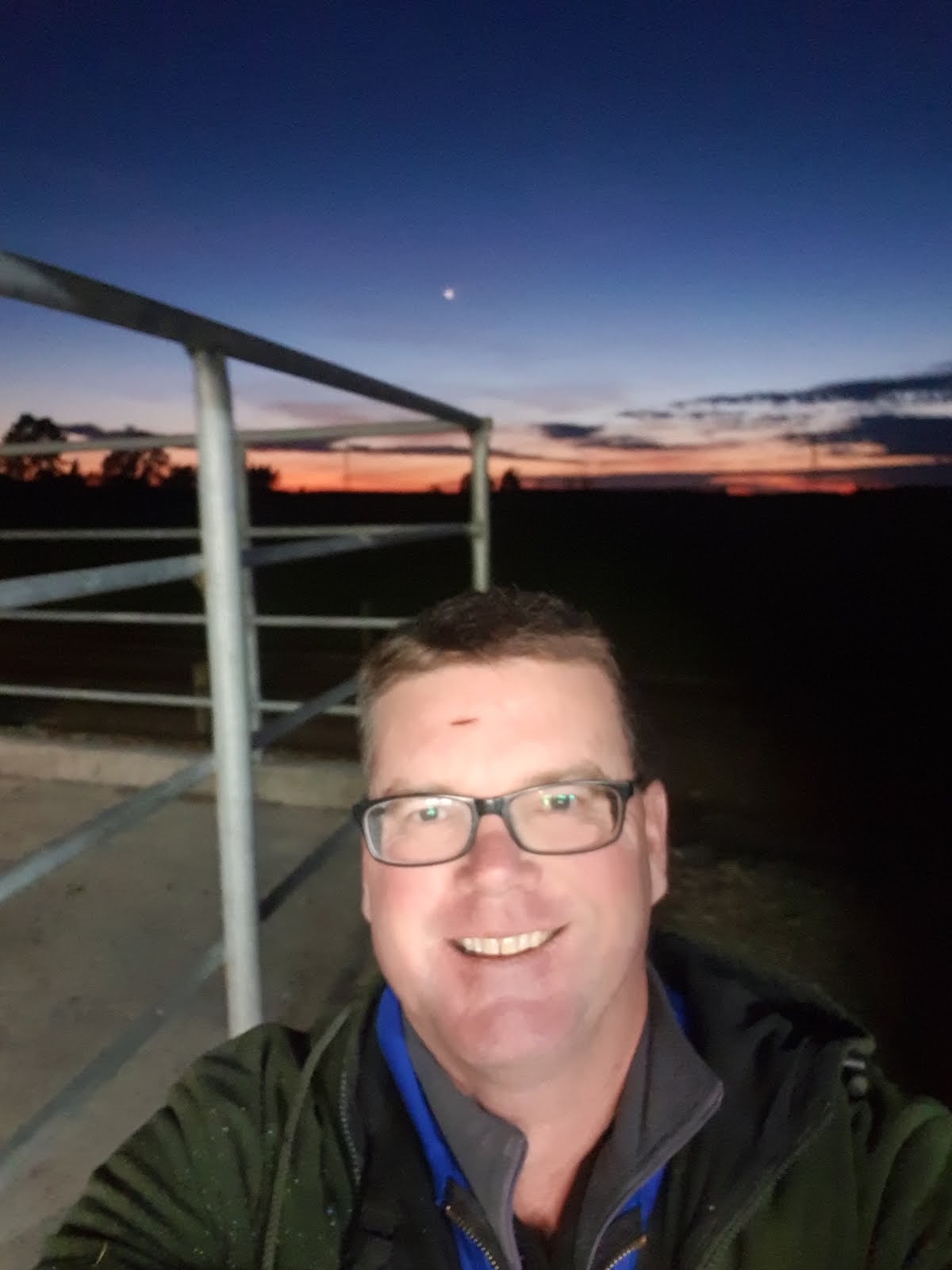I flooded Twitter with progress reports of the build and everybody loved Wayne and my #DeckPics. The project was finished just in time for the farm’s Christmas dinner and, with a brand new deck complete with a paved barbecue area, I really had no choice but to buy myself a new barbecue.
Buying a new barbecue is a serious business, I’m not one of those “it’s summer let’s dust off the barbie” type of people. No, barbecue is a year round event no matter the season or weather. In fact I go through so much LPG I took Labour’s ban of offshore gas exploration as a personal attack.
If there was one thing I knew about my new barbecue it was that it wasn’t going to be a Weber. I’m pretty sure the Venn diagram of Weber owners and iPhone users is a perfect circle and I wasn’t going to be the one to upset that delicate balance.
Obviously I bought a Masport, a good Kiwi brand that’s been around for over a hundred years, and of course I bought a stainless steel model, the hardest known substance to keep clean when you live in the country on a gravel road. More importantly, dear reader, my stainless steel Masport barbecue has a hood, and in that hood there is a window, and through that window I can watch my meat rotate and sizzle on the rotisserie that came as an added extra.
“Put it on Trade Me,” my father said,”you’ll never use it.”
Never use it!? That rotisserie is my go to method for cooking 24-hour marinated rolled roast beef. I’ve cooked pork belly on that thing, I’ve cooked chicken, I’ve cooked lamb and I’ve even googled “what can I rotisserie next?”
There’s just something about impaling a couple of chooks on that stainless steel skewer, tying them up with butcher’s string while making the obligatory dad joke (trussed me, I know what I’m doing) and forcing garlic butter up under the chicken’s skin that is so satisfying.
Of course we can’t stop there, all that juicy garlicky chicken-y goodness that’s going to drip down from the slowly spinning meat must be caught, and what better way to catch it than with a tray of cubed and par boiled potatoes? A tray of cubed and parboiled potatoes that have been coated with garlic seasoning, that’s what!
My cheap little rotisserie groans under the weight of two stuffed chickens (if they’re not stuffed I recommend putting whole lemons inside to give the skewer purchase), but the three hour cook time on the lowest setting gives me plenty of time to post progress videos to social media.
I’m not saying a rotisserie is the battery operated appliance in your house that’s going to bring you the most joy, but it’s surely got to be in the top five and I think you should give it a crack.
I hear you can pick them up quite cheap on Trade Me.
